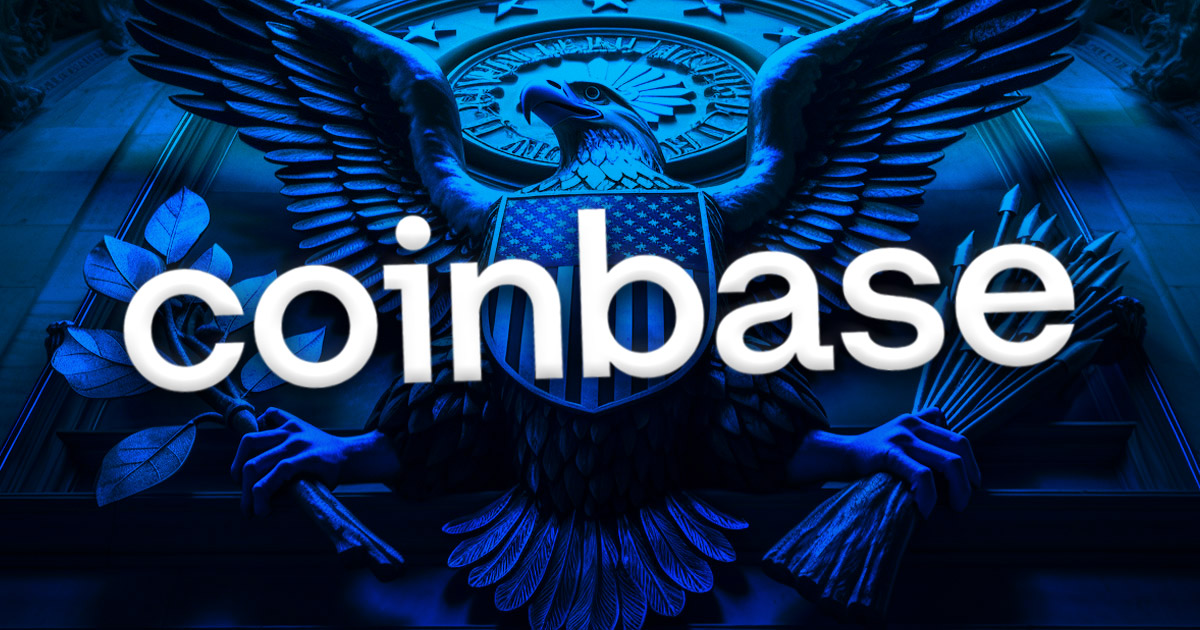
Coinbase believes the SEC is trying to “circumvent” the Howey test by avoiding the question of whether a digital asset transaction without post-sale obligations can be an investment contract.
The exchange made the claim in a motion for summary judgment filed in the U.S. District Court for the Southern District of New York on May 24.
The appeal seeks to challenge a recent court order regarding a crucial legal issue in the ongoing case with the SEC.
Assessment on appeal
Coinbase’s motion centers on whether digital asset transactions with no post-sale obligations can be classified as “investment contracts” under the Howey test, a standard used to define securities.
The court’s March 27 decision addressed this new legal question, which could have significant consequences for the crypto market. Coinbase claims that no appeals court has yet determined whether a digital asset transaction without post-sale contractual obligations can constitute an investment contract.
The exchange argued that this legal issue remains unresolved and is vital to the digital assets industry, necessitating immediate review of the appeal. Coinbase said:
“…the SEC ignores that no appellate court in the 78 years since Howey has found an investment contract without a post-sale contractual obligation…”
The SEC has opposed the motion, claiming that the court’s order does not raise a controlling question of law and that there is no substantial basis for dissent.
However, Coinbase argued that the decision violates established precedents, including the SEC v. Ripple Labs, Inc. case, which held that certain digital asset transactions did not meet the Howey criteria for investment contracts.
Additionally, the exchange said the SEC’s attempt to merge Ripple with Terraform Labs “rings hollow.” The exchange said:
“The split between these cases is one that the Court has explicitly recognized and one that the Commission itself has recognized until it became convenient not to.”
Outcome of appeal
A successful appeal could potentially lead to the dismissal of significant portions of the SEC’s case against Coinbase, particularly those related to the company’s platform and Prime services.
These claims represent more than 70% of the complaint. Addressing the legal question on appeal could streamline the trial process and reduce expenditures on resources.
The SEC has imposed extensive discovery requirements on Coinbase, including numerous document requests, third-party subpoenas, and inspection requests. Resolving the fundamental legal issue through an appeal could save legal and party resources.
The outcome of this case could determine the extent of the SEC’s authority over digital asset transactions, as the crypto industry faces increasing regulatory scrutiny. Coinbase is committed to expediting appellate review to provide essential clarity and guidance for the industry.

